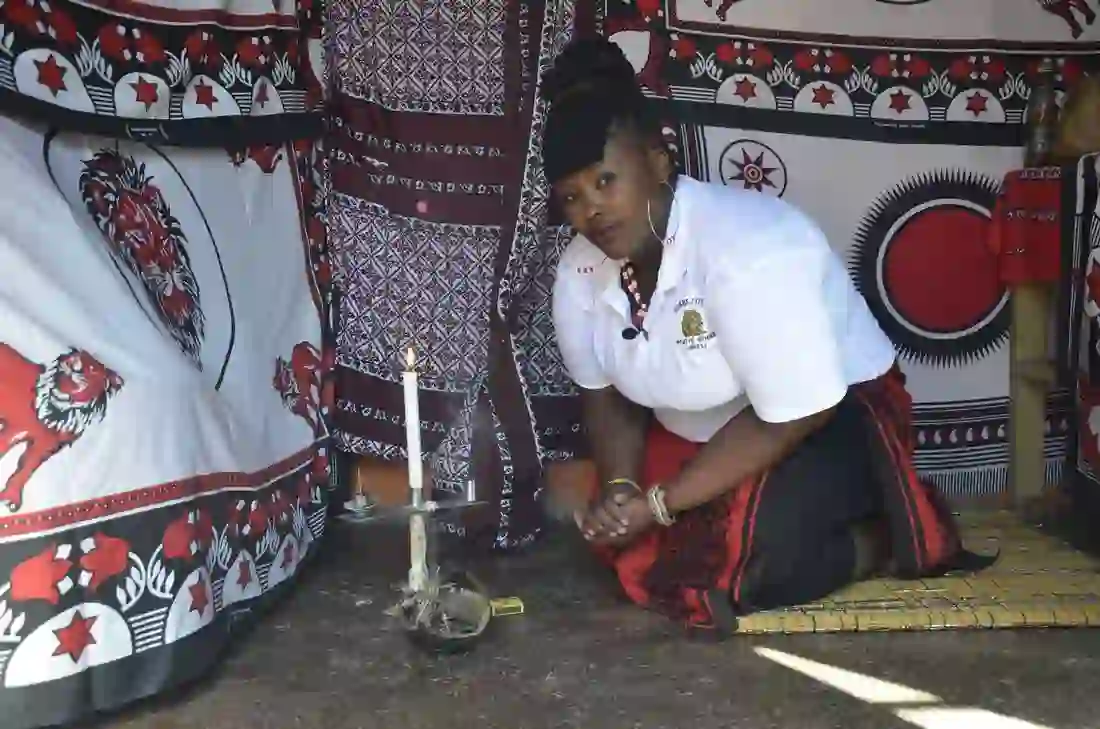There are many benefits of African Traditional healers. This philosophy is based on the concept of interrelationships with God, the universe, and the ancestors. Many of these healers double as religious leaders of African independent churches. Their knowledge of the natural world and the healing power of plants is invaluable in a variety of situations. Many people seek the assistance of these healers to improve their lives. If you are seeking an alternative medicine approach, this article will show you some of the benefits of African Traditional healers.
African Traditional Healers
In Africa, divination is an important part of diagnosis and treatment. It is a practice of consulting the spirit world to determine the cause of illness, identify an imbalance, or discover the violation of established order. But the question is, does divination work? Can it be a viable alternative to modern medicine?
The traditional belief system of Africa holds that the human being consists of three main components: physical, moral, and spiritual. The functioning of all these components is crucial for one’s overall health. When one of these elements is out of balance, the body becomes ill. This is why the practice of Divination by African Traditional healers for better life involves spiritual, moral, and social components. The practice is rooted in tradition and cultural values and has evolved to become an integral part of African life.
The African Traditional healers use different methods of Divination to help patients. Depending on their tribe, these healers often go by local names. Their attire is unique as they wear feathers and headbands. In many parts of Africa, they also paint their eyes with native chalk.
Contact The Traditional Healer For Healing
To practice traditional healing in Africa, it is important to understand the underlying religious and spiritual beliefs of the local people. Traditional African healers are most commonly intertwined with religion and spirituality. Understanding how these healers practice their healing services is crucial to the culture and history of the African people. According to Chavunduka, the first white sangoma of Pondoland, Chris Ntombemhlophe Reid is living in the beautiful Eastern Cape where he is training the next generation of sangomas.
Traditional healers practice different kinds of treatment. Some practice spiritual cleansing, in which the sick person bathes at a specific time for a period of time. Others perform rituals to purify their spirits, such as pouring animal blood from head to toe. In some communities in Ghana, these healers use herbs or thorny plants. Some seek the guidance of ancestral spirits or God.
The South African tradition of healing continues today with the help of sangomas, otherwise known as thesis. Chris Ntombemhlophe Reid is the first white sangoma of Pondoland, the region in the Eastern Cape. Based in Pondoland, Reid carries the tradition forward, training the next generation of sangomas. This article looks at the role of these healers in today’s society.
A key element of African traditional medicine is divination. The practice of divination includes the use of cowry shells, seeds, and other objects to create a prediction or a result. This method is based on African cultural beliefs and practices, as well as knowledge and attitudes. Traditional healers use spiritual and physical methods to treat ailments. Some use divination with minerals or animal parts. The process of divination is often the first step in African traditional medicine.
Conclusion
A traditional healer may conduct oral interviews to understand the disease or treatment history of the person. They may require family members or friends to speak for the sick person to gain an understanding of the issue at hand. By examining their history and their treatment, traditional healers are better equipped to treat their patients. The interviews may be recorded and transcribed for further analysis. For further study, traditional and orthodox health workers can hold a retreat and discuss their roles and expertise.







